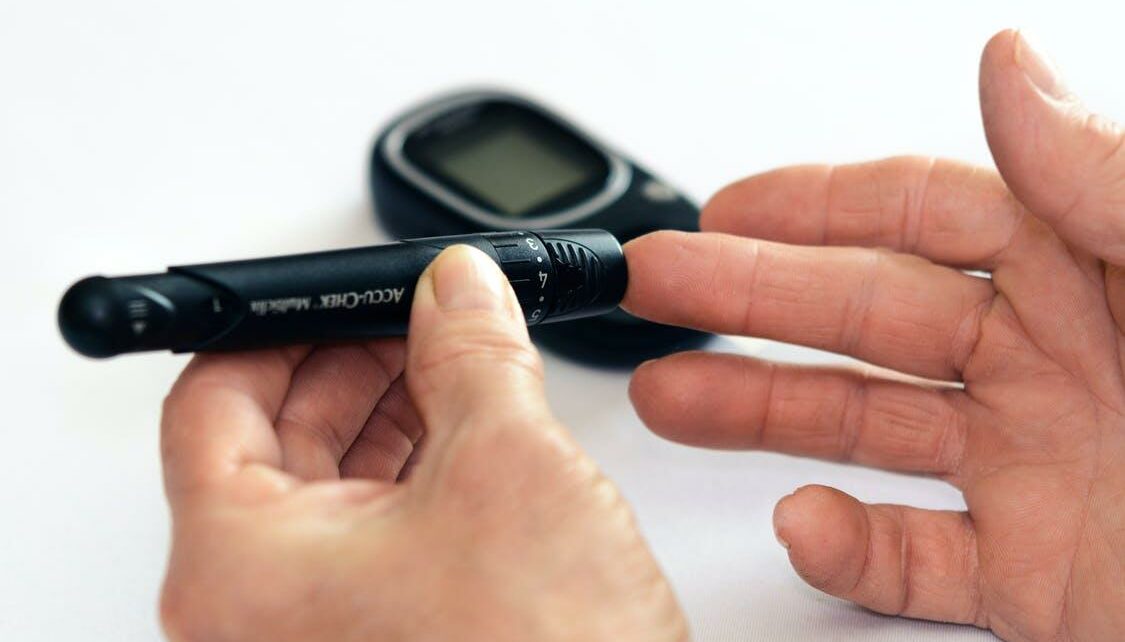From a young age, we are told to eat healthily and exercise to stay fit. As we grow older and become busy with our lives, we neglect our health a little. However, after the age of 60, though your body may still be healthy, it will still require more care and attention. As we age, our bodies become more vulnerable to illnesses ranging from a common cold to more complex issues like diabetes. When you keep tabs on your body and its progress with age, you can prevent major illnesses such as cholesterol or take care of them early. Therefore, listed below are five screenings people over 60 should get to stay on top of their health.
Cancer screenings
Common symptoms such as headache, fever, cold, etc., may just be seasonal illnesses that need to be treated with over-the-counter (OTC) medications. However, if these symptoms persist, it is strongly advised that you should let your doctor know about it right away. People often resort to ignoring or downplaying their symptoms. However, this will have adverse effects on your health. Often, rare diseases such as Mesothelioma – a rare type of cancer that develops in the tissue that covers your organs – could be the underlying culprit of these symptoms. This is because Mesothelioma has these same initial symptoms, but due to its rarity, not many doctors can spot it right away. As a result, a case of Mesothelioma Misdiagnosis becomes highly likely. Not knowing about your illness and not treating it will lead to it worsening and becoming life-threatening. Therefore, getting your Biopsy and MRI and any other screenings your doctor prescribes you as early as possible is advisable.
Blood pressure
Hypertension, a persistently elevated blood pressure, is quite common in seniors and usually shows no symptoms other than a persistent severe headache. For this reason, it is known as the silent killer because high blood pressure significantly increases the chances of a heart attack. According to the Center for Disease Control (CDC), nine out of ten Americans develop blood pressure during their lifetime. People who have hypertension or diabetes in their genes should be on the watch. About 6 out of 10 diabetes patients also have hypertension. Similarly, if you are obese, stay inactive, or consume an excess of alcohol and an unhealthy diet, you are at risk of developing high blood pressure and should get an annual assessment.
Eye exams
Our eyes bear the brunt of aging, just like other parts of our bodies. Although you might not feel the need for an eye exam or may never have had glasses your entire life, if you get a headache while reading or your eyes feel strained, it is a good idea to get yourself checked. As we age, our eyes become more susceptible to hyperopia, i.e., farsightedness. Additionally, seniors are at an increased risk of developing cataracts or glaucoma. If these ailments are not immediately attended to, it may lead to loss of sight.
Diabetes Screening
Diabetes is a disorder where your body persistently has high sugar levels. Quite similar to Blood Pressure, you are at risk of Type 2 Diabetes if you are physically inactive, if it’s in your genes, or if you are obese. This type puts people older than 45 years of age at risk. Thus, you should be on the lookout for its symptoms. These include feeling tired, slow healing of wounds, and increased thirst, among many more. It can be controlled and even prevented if it is diagnosed at an initial stage. However, negligence can lead to its severity where it might start to damage other organs, such as your kidneys. Therefore, getting a Random Blood Sugar (RBS) and Fasting Blood Sugar (FBS) test is essential, especially if you suffer from other chronic conditions such as blood pressure.
Lipid Testing
A lipid profile is performed to check for a person’s cholesterol levels. It tests the amount of good and bad cholesterol in your system. The issue comes when your cholesterol levels rise because they usually give no symptoms, but they increase your risk of a stroke or a heart attack. This is due to atherosclerosis, which means that there are high cholesterol deposits in your arteries, resulting in less blood reaching your heart. Some indirect symptoms may include difficulty in breathing, tiredness, bloating, numbness in body parts, bad breath, etc. If you experience any of these for a prolonged period of time, you need to get your cholesterol levels checked. The doctors will likely give some medication and may ask you to make some diet and lifestyle changes.
Conclusion
As we age, our body grows weaker and more prone to diseases. Unfortunately, we often find out a little late about our ailments and can do nothing to cure them. This is why annual health screenings are crucial to ensure we stay active and healthy in this phase of life. They reduce the risk of heart attacks, developing diabetes, and certain types of cancer and help to identify potential chronic diseases long before they show their symptoms. As a result, it improves the quality of your life and saves you from life-altering diseases.



